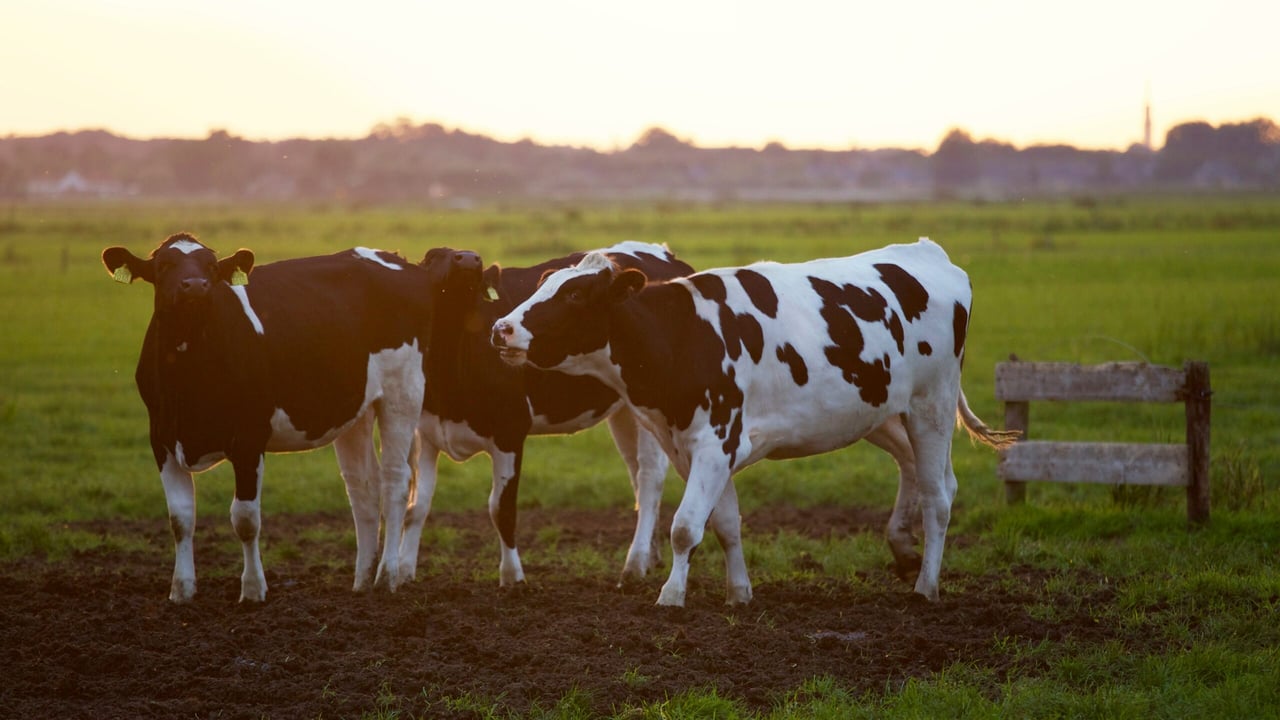FAO: Animal health policies key in measuring emissions
The Food and Agriculture Organisation of the United Nations (FAO) has urged governments to develop stronger approaches to evaluating the impact of animal health on greenhouse gas (GHG) emissions.
The recommendations follow the findings of a study carried out by the organisation which stated that diseases, lifespans and levels of productivity "all have a significant impact on GHG emissions".
Despite this, many countries do not have a standardised method of including the effects of improved animal health in their GHG national inventories. The FAO has said that because of this, animal health is often not included in national climate commitments.
It said:
"This means greater investments are needed to establish systems for measurement, reporting and verification."
The FAO added that governments should start to support long-term investments in research to allow the development of animal health policies that can aid countries in fulfilling their climate commitments. It also stated that the concept should ultimately be developed beyond farm level:
"Therefore, it is important to adopt a systems perspective and understand the drivers of supply chain emissions."
The study itself outlines how countries can begin to build measurement systems using a variety of different methods.
Data on what feeds are used for different categories of animals as well as manure management systems will be important as these have an effect on emissions.
Other herd parameters that the FAO recommends be considered include mortality, fertility, age at first partuition and replacement rate.





